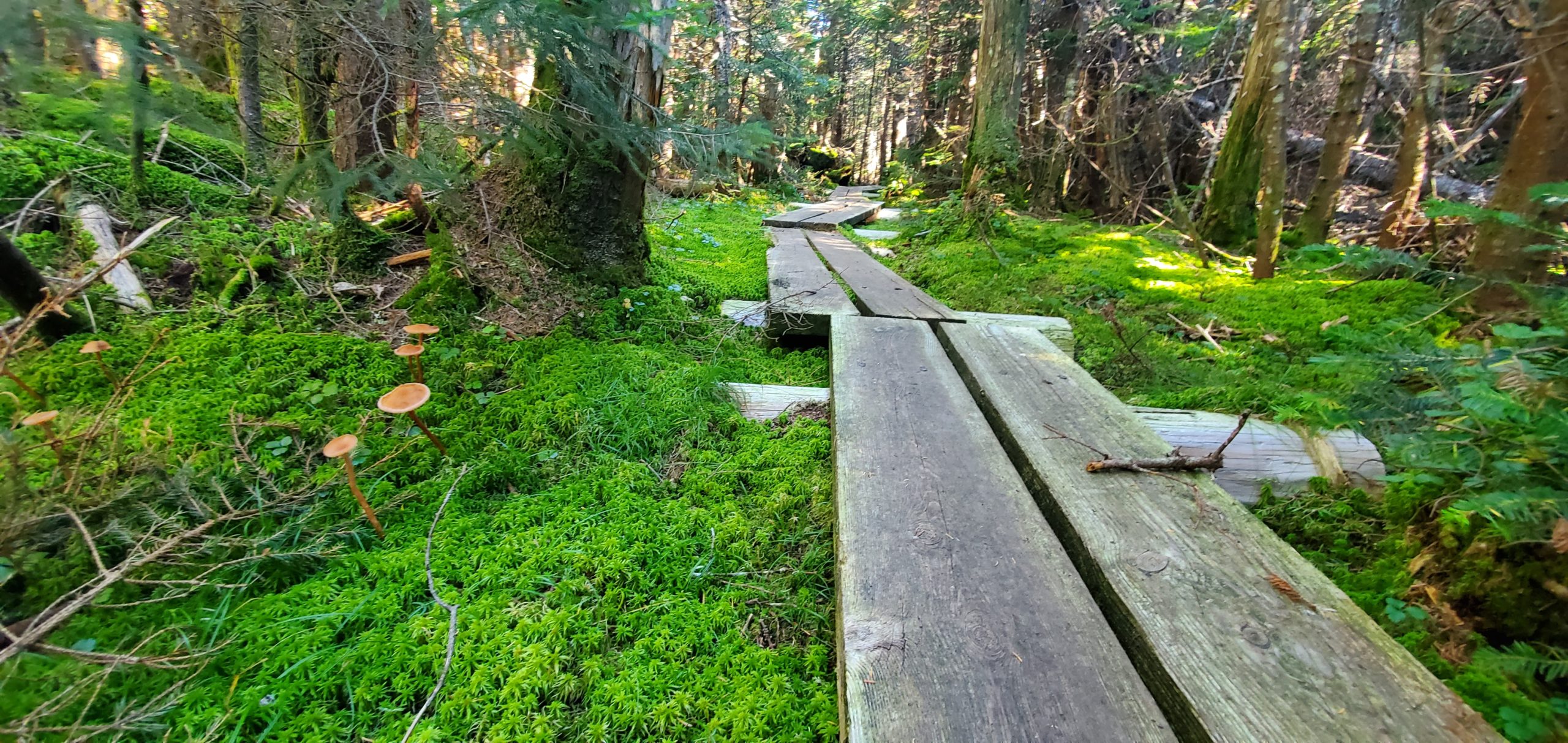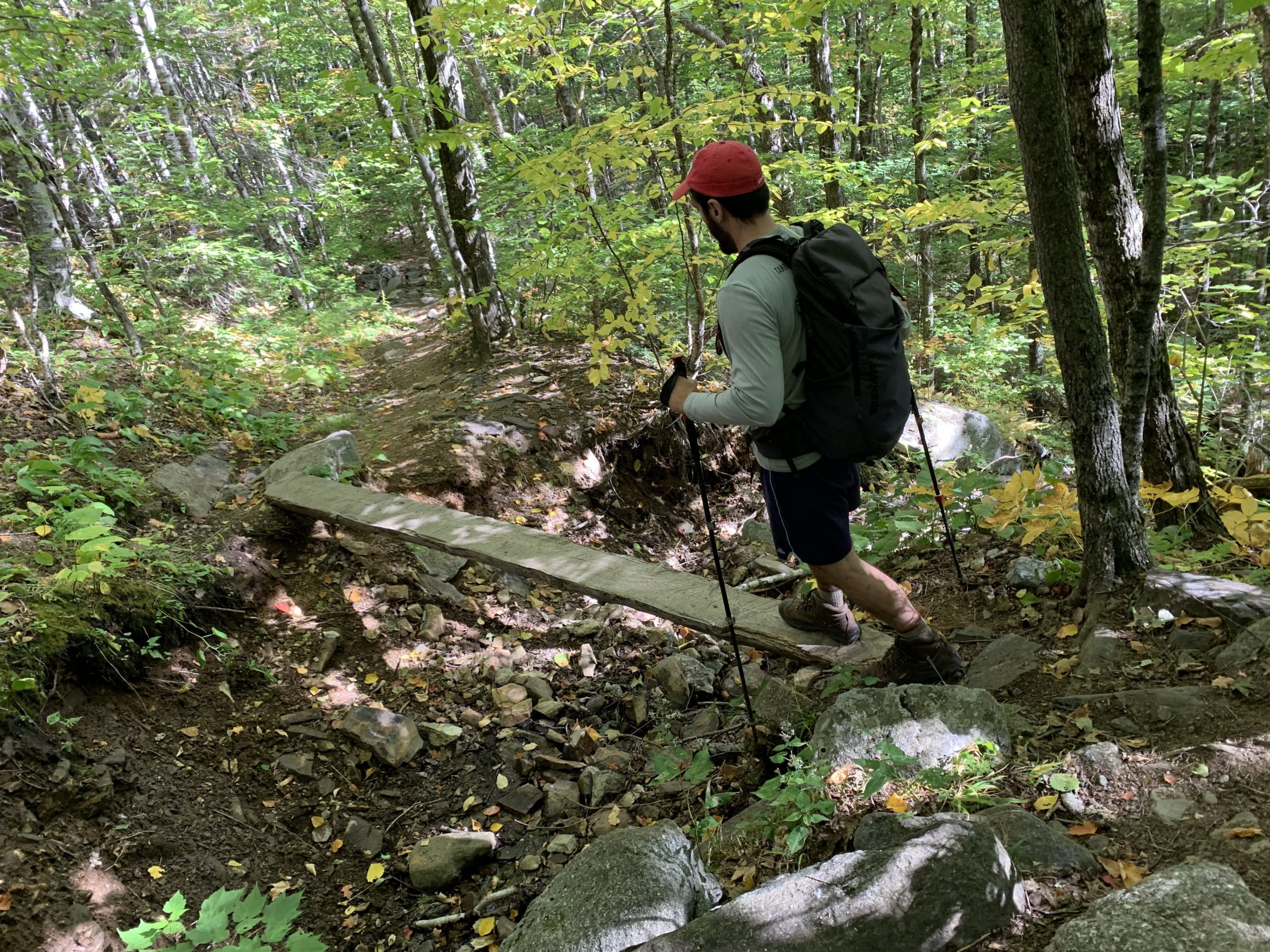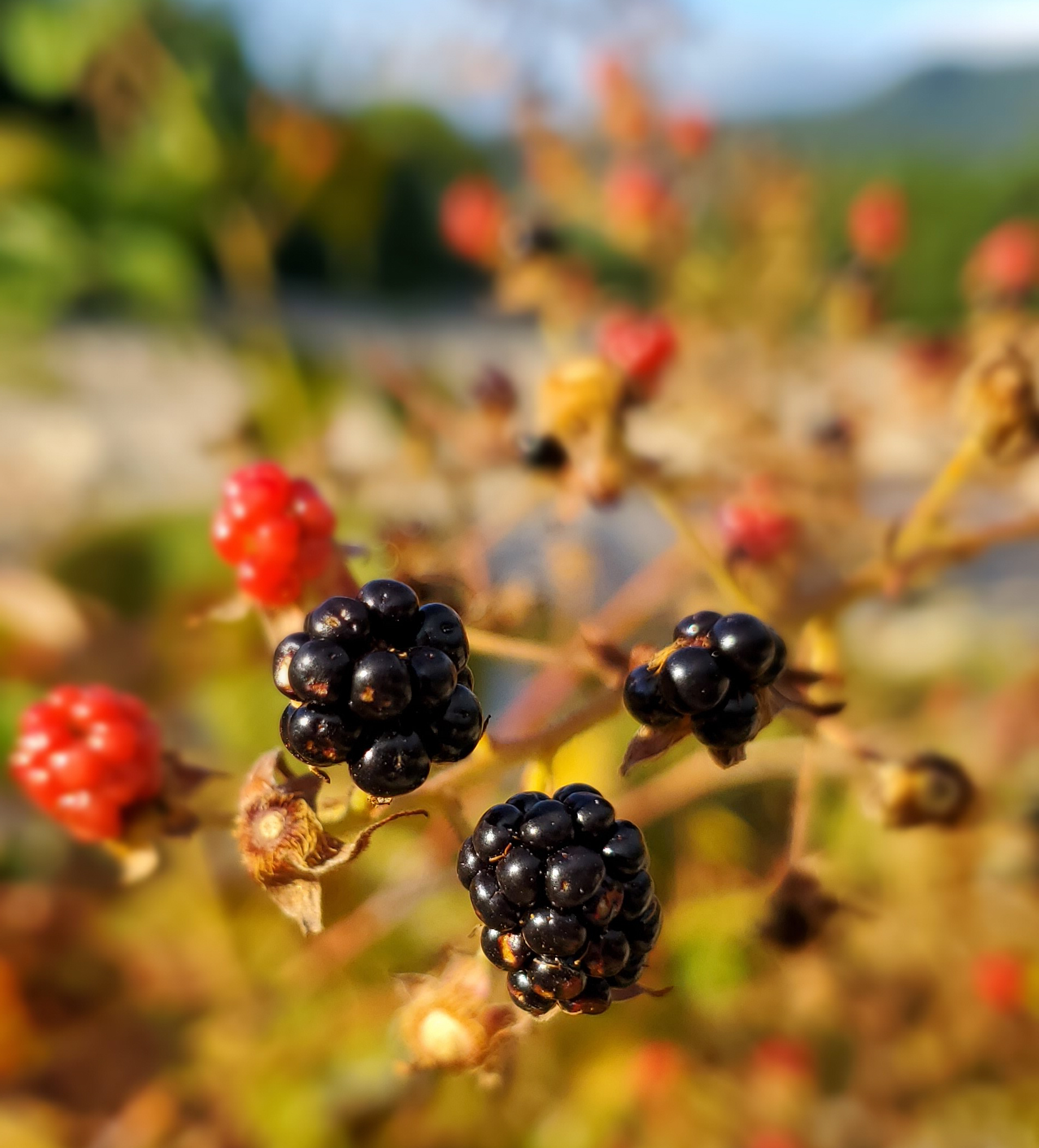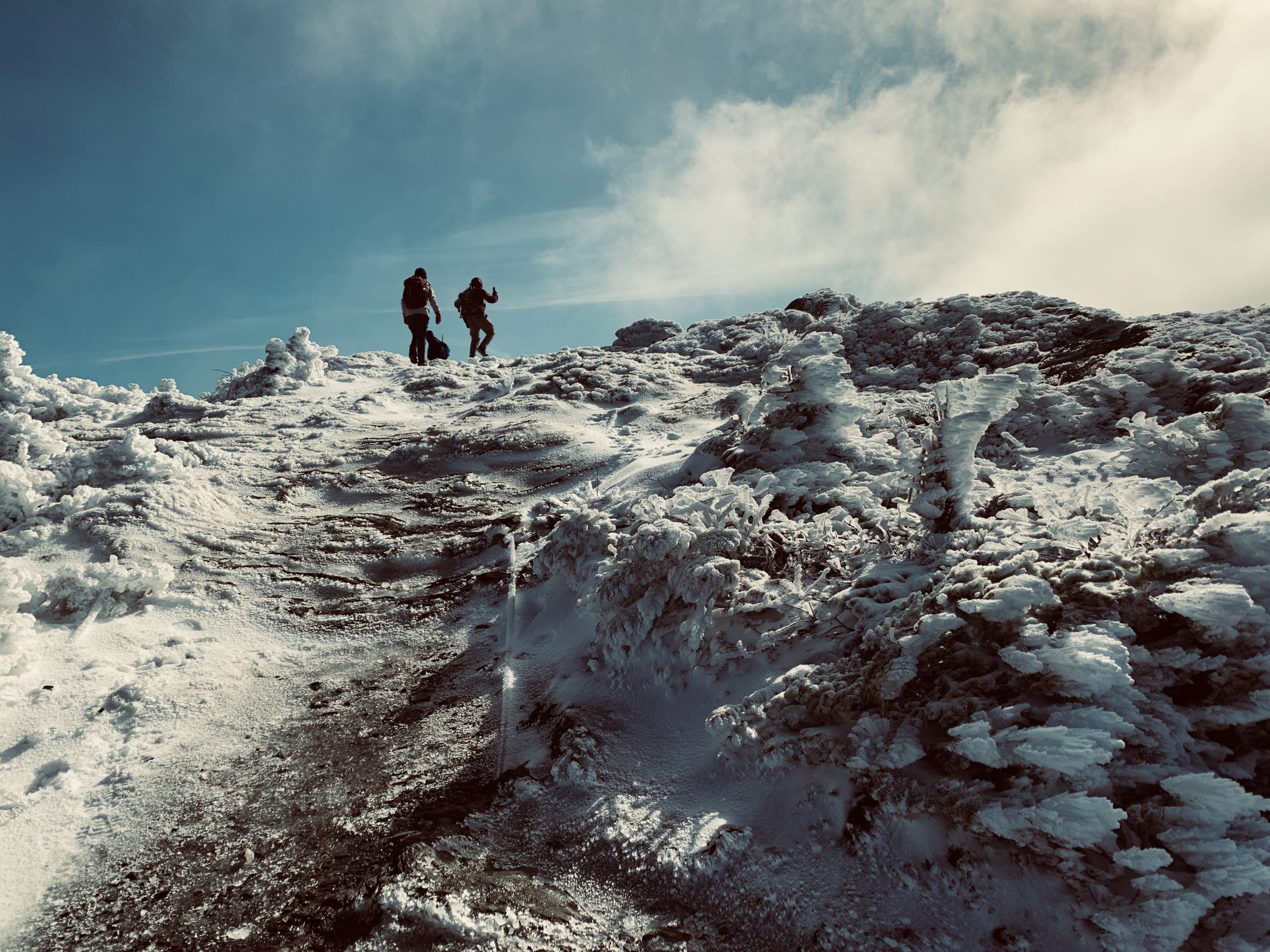
To escape the city stress and experience breathtaking scenery, hiking is the way to go. But what are the health benefits of taking a stroll in the great outdoors? Read on to find out more.
Amidst the hustle and bustle of our busy lives (hey, we’re not complaining!), getting off the grid can be a great way to rest and recuperate. Whether you’re a hard-core hiker or a trail-newbie, there are a massive number of health benefits associated with hiking, from toned glutes to mental rejuvenation.
Strengthening more than your legs

Many people associate hiking with developing stronger legs, which is absolutely true! Hiking is a great workout for your quadriceps, hamstrings, calves, and glutes, making it a fantastic way to strengthen your leg muscles. Interestingly, walking downhill is what really tones your legs, as your glutes and quads need to work extra hard to stabilize your hips and knees.
However, there is one overlooked benefit of hiking: upper-body strength building. Using hiking poles can enhance triceps, biceps, shoulders, and abdominals during a jaunt, and the repeated back-and-forth of lifting these poles also leads to an average higher calorie burn rate of 15 – 20%. In addition to providing a full-body workout, poles also help stabilize your body when going downhill, rock-hopping over streams, and tripping.
It’s important to remember that hiking probably won’t make your leg and arm muscles big and beefy. Instead, they’ll be strong and lean. This is because activities like hiking and walking build slow-twitch muscle fibers, a type of fiber that contributes to high endurance and provides continuous energy. Hiking can be low or high impact depending on the type of trail you choose, and if you are new to the sport, then selecting a beginner route will ensure that you become aware of the existing strength you have without putting yourself and others in danger.
Boosting your mental health

According to several studies, hiking may actually be a natural stress-reliever. A 2011 study indicated that outdoor exercise—as opposed to exercising indoors—decreased depression, tension, anger, and confusion while increasing energy. Spending time in natural environments, from woodlands and nature preserves to urban parks and trails, gives you a real sense of peace and can help to bolster your mood. Think about forest bathing, otherwise known as shinrin-yoku, the Japanese concept of literally bathing in the forest atmosphere. Plus, hiking could actually make you more creative, with research showing that spending time outdoors may improve creative problem-solving skills by up to 50%.
Another benefit that hiking has for your mental health includes exposure and attention to different stimuli otherwise not found in the office. A fleeing grouse, a scampering chipmunk, and the rustle of black bears framed by bird calls, the lull of the wind, or even complete silence engage your mind; the effect of all of these sounds coming together create a “here and now” moment, or a zen release. And if your hike is more backcountry focused or involves a big day out, the goal of purely finishing the adventure on time and safely creates one, clear aim in a world filled with abstractions. Having this clarity versus juggling other personal and work preoccupations for the future can create focus and a grand sense of accomplishment.
Supercharging cardio
Improved cardiovascular fitness is one of the main benefits of hiking. That’s especially true for anyone who’s taking on a hilly route with plenty of peaks and troughs, as this will make your heart work harder and give you a supercharged cardio workout. Plus, the uneven surfaces that you’ll be dealing with on a hike, in contrast to cycling or walking on a treadmill, are a really effective way of engaging your core muscles.
There are tons of health benefits associated with cardio workouts, including a lower risk of heart disease, boosted bone density, and improved blood pressure. Plus, it’s great for weight loss. According to LiveStrong.com, a person who weighs 160 pounds may be able to burn between 430 and 440 calories in just one hour of hiking.
Buddying up

Think there’s no difference between solo hikes and group walks? Think again. Group dynamics play a surprisingly important role in exercise. In fact, a 2015 study published in Biology Letters argued that group exercises could potentially heighten your pain threshold via an elevated release of endorphins. Now, it’s worth noting that this study was focused mainly on group dance exercises, but the concept could very easily apply to hiking in large groups as well.
Of course, the group dynamics of hiking could have other health benefits, such as encouraging you to stick with your workouts. After all, you’re much less likely to skip a workout if you’ve got a group of friends waiting for you, and this group cohesion can also lead to team building and camaraderie through one shared goal: get to the mountain and back to the car together.
However, more importantly, hiking with others (especially when you have minimal experience) can increase your safety and help decrease the chances of losing those positive mental and physical benefits. Vicki Carroll, a Wilderness First Responder for 10+ years, wrote a piece called What’s Killing America’s Hikers? In it she details the three main causes of hiker injury and death: lack of knowledge, lack of experience, and poor judgement. Hiking in groups does not guarantee all of your brains put together will result in a better outcome, but sharing the adventure with others who have experience and knowledge will make you a better athlete and outdoors person.
Heading out into the forests or mountains for a hike could have tremendously positive effects on your psyche and physique. However, Withings encourages you to learn about Leave No Trace principles so that you respect the trails that are shared with people and animals alike. Additionally, taking a hiking preparedness course can also reduce the danger you could face if unprepared, and in some states in the United States, a rescue team can cost you $25,000 if first responders find that you have been negligent. If you’re new to hiking and want to join a supportive community, check out Ridj-it where people post their hiking adventures to share the experience with others.
Now that you know more about how great hiking can be for your mental and physical health, all you have left to do is get the gear, join a group, and prepare to track your progress as you absolutely smash your step goal. Happy trails!



